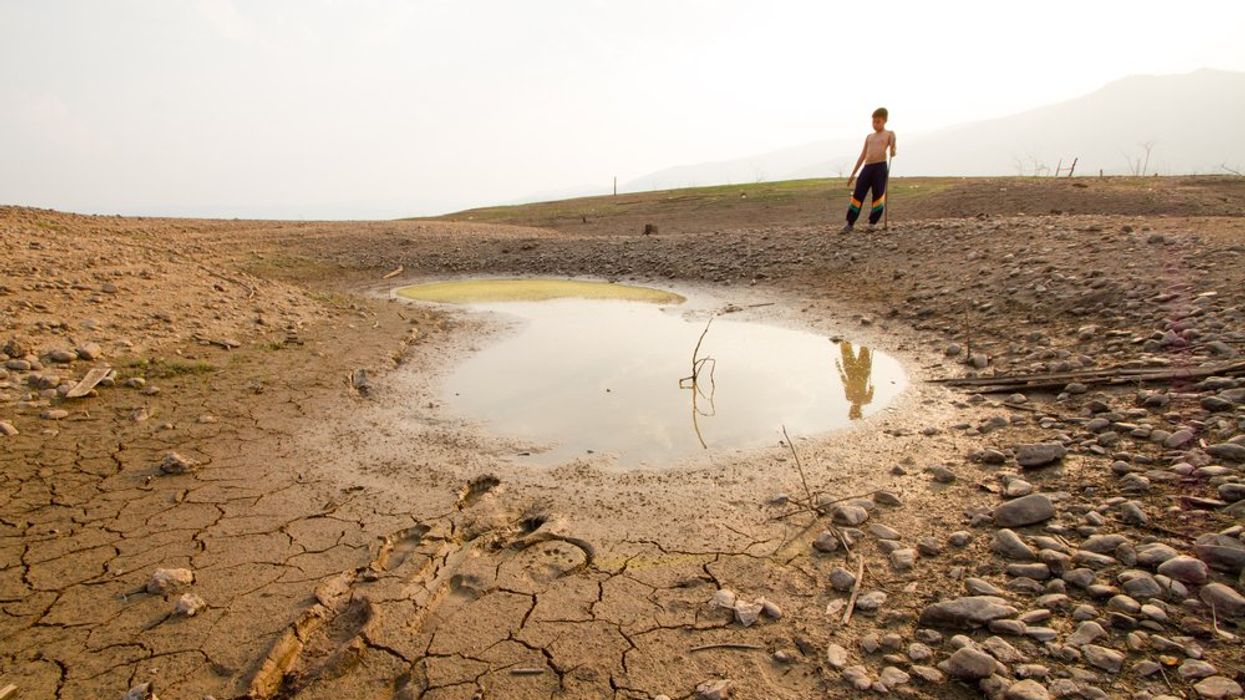Because of changing climate and high water consumption, lakes are drying up faster than previously thought.
At least half of the decline in natural lakes is due to human-caused climate change and overconsumption, according to a report published in Science. This is having a detrimental impact on drinking water supplies, as well as agricultural water sources. It also endangers the habitats of plants and fish, and could threaten tourism in area dependent on it.
The findings "underscore the importance of better water management to protect essential ecosystem services such as freshwater storage, food supply, waterbird habitat, cycling of pollutants and nutrients, and recreation," the report's editor H. Jesse Smither writes.
The study found that 53 percent of the world's largest lakes saw a significant decline between 1992 and 2020. Each year, lakes are losing as much water as the United States consumes annually.
"Climate change and human activities increasingly threaten lakes that store 87 percent of Earth’s liquid surface fresh water, the report reads. It continues to say that water loss is a "cautionary finding for a projected warmer future, underscoring the importance of accounting for climate change impacts within future surface water resources management."
Climate change and human consumption account for 47 percent to 65 percent of the decline, with about 36 percent due to shifting climate, and approximately 20 percent attributed to human usage.
Fangfang Yao, the lead author of the study, told The Washington Post that drying lakes and reservoirs “will become less reliable for freshwater and hydroelectric energy supply." However, being aware of the causes “helps us understand human alteration of the water cycle and also helps identify management solutions.”
“For drying lakes dominated by overconsumption, effective water conservation efforts can help save these water bodies,” Yao said. “For drying lakes attributable to climate warming, climate mitigation can help alleviate the more long-term impacts on these lake systems.”


















































